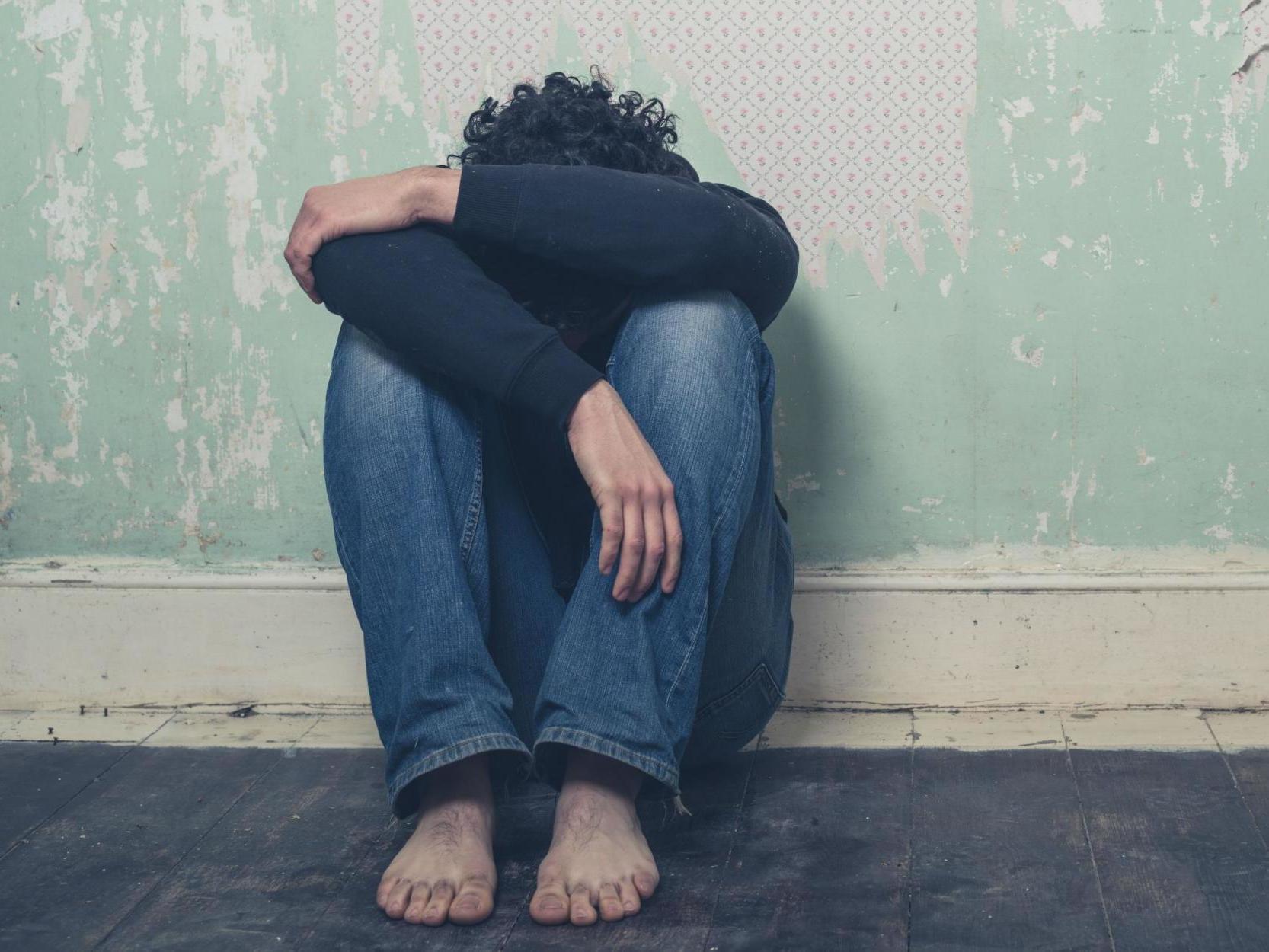Self-harm admissions to hospital among teenage girls more than triples in last 10 years
‘It is vital that more is done to tackle children's mental health problems early,’ says Children's Commissioner

Your support helps us to tell the story
From reproductive rights to climate change to Big Tech, The Independent is on the ground when the story is developing. Whether it's investigating the financials of Elon Musk's pro-Trump PAC or producing our latest documentary, 'The A Word', which shines a light on the American women fighting for reproductive rights, we know how important it is to parse out the facts from the messaging.
At such a critical moment in US history, we need reporters on the ground. Your donation allows us to keep sending journalists to speak to both sides of the story.
The Independent is trusted by Americans across the entire political spectrum. And unlike many other quality news outlets, we choose not to lock Americans out of our reporting and analysis with paywalls. We believe quality journalism should be available to everyone, paid for by those who can afford it.
Your support makes all the difference.The number of hospital admissions of teenage girls for self-harm in England have more than tripled in the last 10 years, research has found.
Around 3,235 cases of self-harm among girls aged 13 to 17 were recorded at English hospitals in the year 2019-20, up from 980 in 2009-10, the analysis of NHS statistics found.
Figures gained by PA news agency suggest one in three self-harm admissions in the last year among all patients aged 13 to 30 was for girls aged between 13 and 17. This is a sharp rise from one in five a decade earlier.
Anne Longfield, the children’s commissioner for England, argued the fresh data draws attention to a “worrying” rise in the proportion of children grappling with mental health issues.
She added: “While there have been welcome improvements in some areas of children's mental health services over the last couple of years, the scale of the problem is getting bigger and the Covid crisis has made it even worse.
“It is vital that more is done to tackle children's mental health problems early. Every school needs an NHS-funded counsellor, and I want to see a children's mental health service that is properly funded, with no postcode lottery, so that children receive the support and treatment they need as quickly as possible.”
Female self-harm admissions have more than doubled in the last 10 years, from 2,950 to 6,720, according to the new figures.
There were around 9,675 self-harm admissions to English hospitals for patients aged 13 to 30 in 2019-20, a surge of 84 per cent from 5,245 in the year 2009-10.
The number of self-harm admissions involving females outweighs those involving males every year since 2009 – with females currently accounting for two-thirds of all such cases among those aged 13 to 30.
Tom Madders, director of campaigns at mental health charity YoungMinds, said: “The reasons why young people self-harm are often complex, but we know that traumatic experiences at a young age – like bereavement, bullying or abuse – can have a huge impact on mental health.
“School pressure, racism, concerns about how you look and difficult relationships with family or friends can also have a significant effect.
“While there is higher awareness about mental health than in the past, many young people who self-harm still find it hard to reach out for help until they hit crisis point. For those who do seek help, it can still be really difficult to get early support.”
He said having a lengthy wait for support or not matching the “threshold for treatment” can have “devastating consequences”.
Mr Madders noted the Covid crisis is increasing the “pressures young people face” as he called for ministers to “prioritise early support” for young people's mental health so people can access help as soon as they decide they require it.
The research comes after a study last week found girls’ levels of self-esteem and wellbeing sharply drops in their early teens while boys remains steady.
Around one in seven girls report being unhappy with the way they look at the end of primary school, but this increases to almost one in three by the age of 14, researchers at the Education Policy Institute and the Prince’s Trust discovered.
Wellbeing and confidence levels were found to be similar in boys and girls at the end of primary school, whereas girls suffer a larger decrease by the time they reach 14. While girls’ wellbeing plummets even more towards the end of their teen years.
Additional reporting by Press Association
You can contact the Samaritans helpline by calling 116 123. The helpline is free and open 24 hours a day every day of the year. You can also contact Samaritans by emailing jo@samaritans.org. The average response time is 24 hours.


Join our commenting forum
Join thought-provoking conversations, follow other Independent readers and see their replies
Comments